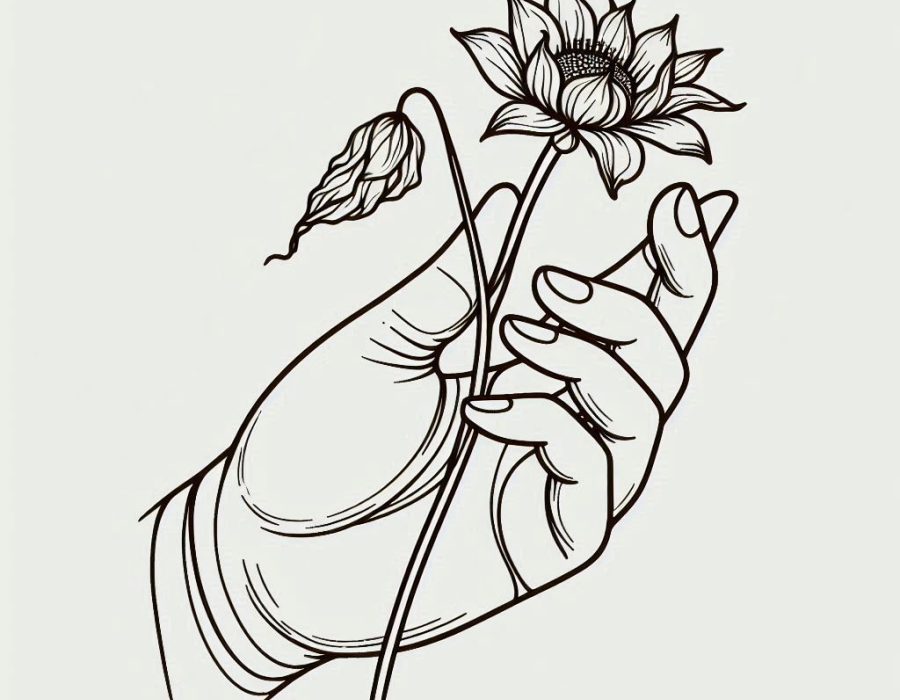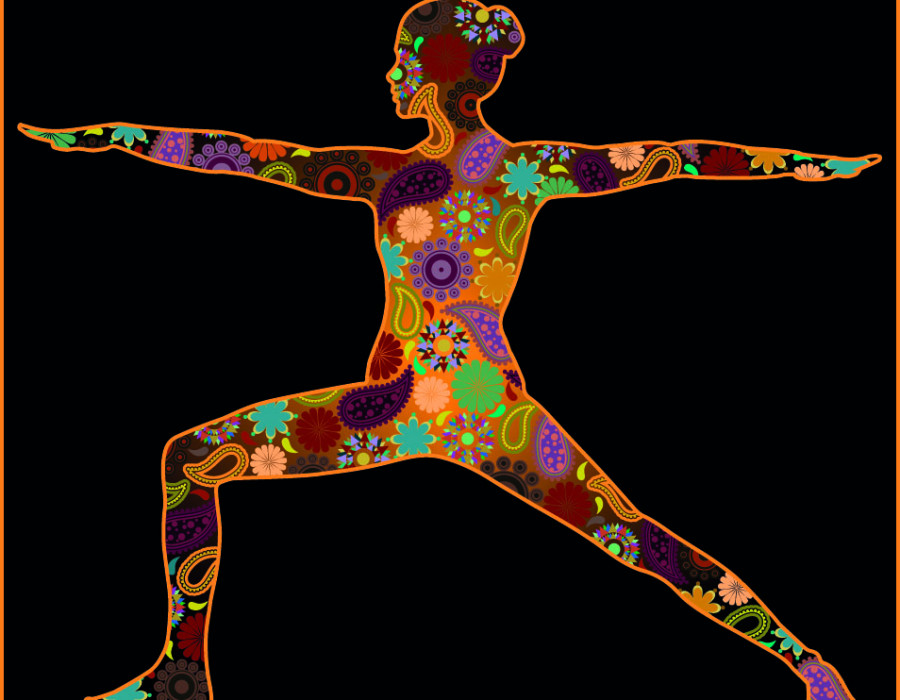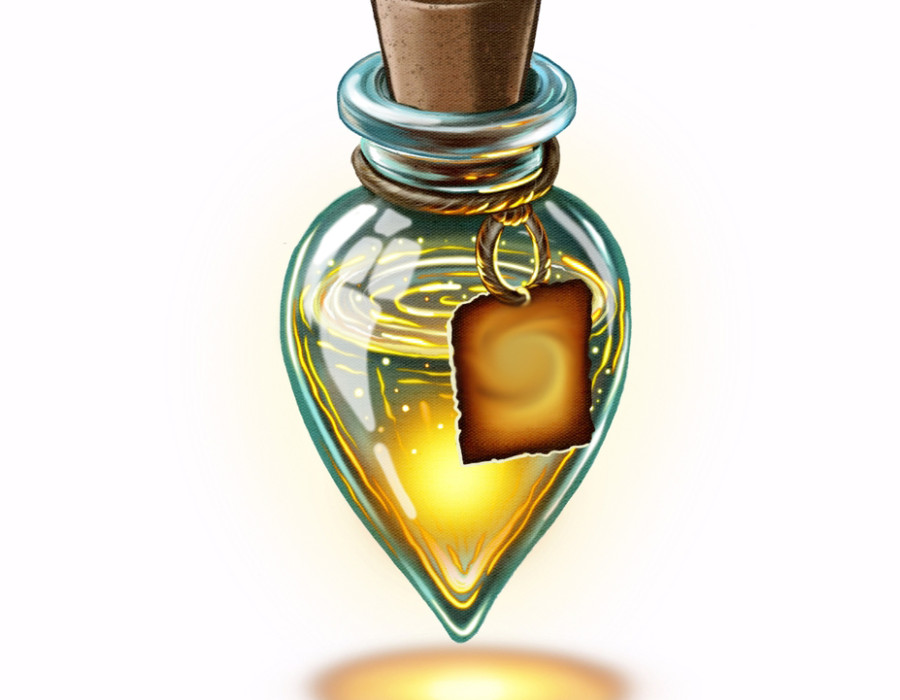The Cause of Dissatisfaction and Suffering
The Four Noble Truths
If we know the cause of our suffering it becomes far easier to let go of. Dr. Alan Sidi explores the theory behind the Second Noble Truth.

The Buddha described what is suffering. He said, “Birth is suffering, sickness is suffering, old age is suffering, sorrow, lamentation, pain, grief, and despair are suffering, being apart from what one wants is suffering, being joined with what one does not want is suffering; in short, the five aggregates afflicted by clinging are suffering”.
There are said to be three forms of suffering:
1. The suffering of suffering. In other words, the suffering that comes with being in this human form which suffers birth, illness, trauma, degeneration, disease and eventually death.
2. There is the suffering of impermanence.
3. There is the suffering of ignorance or delusion. This is the suffering that arises from not knowing about and understanding the Four Noble Truths. Suffering that arises out of ignorance of the laws of Karma and the True Nature of things (ie. emptiness). It is due to this ignorance that suffering arises. It is expressed as attachment. Out of ignorance comes attachment, out of attachment comes suffering.
The first thing to look at is that there is suffering. Although I may feel absolutely fine in myself at the moment, I can acknowledge that there have been difficult moments, hard moments and that I have had moments of suffering. However, we have to be careful because the First Noble Truth says simply that ‘there is suffering’. When we are in the midst of suffering, we can feel very lonely and isolated.
But the Buddha said that there is no I, no unchanging self as such. Therefore, there is no ‘my suffering’, rather there is suffering. This is important because I always see the world from my perspective, I cannot help it. This is how I function, but the Buddha points us straight away to the All rather than to just I, me, myself.
In her memoir of WWI, Testament of Youth, Vera Brittain spoke elegiacally of her work as a nurse with German prisoners of war. She realized suffering was universal.
Vera lost her brother, Edward, her fiancée and several of their close friends in the First World War. She was at Oxford at the time studying English literature. She abandoned her studies and trained as a nurse. She ended up in the hospitals behind the front lines treating wounded English and also German soldiers since she spoke German. The turning point for her came one day when she was looking after a delirious dying German soldier who believed she was his wife. As he spoke to her about their life, she suddenly had the insight that suffering was universal. It was the same for both the German and the English.
This is the true nature of suffering. It is impersonal and is what we all share. Birth is suffering and we have all been born. This is an important insight; to look away from me and I and to see the commonality of all human beings; that I am not separate and apart. Realising this brings out the compassion that is part of our nature. This is the key to the end of suffering. If it is only my suffering, it remains self-centred and there is no end to it.
There was an Orthodox Rabbi who was very wise and whose advice was much sought after. In daily life he worked in publishing and was an editor. Eventually he retired from work and from his congregation and settled into the quiet life. People would still try to get in touch to meet him and ask advice but he always refused. One day he got a letter written by one of his former congregation which went something like this:
“Dear Great Rabbi,
I am desperate for your advice. I hope you will read this and reply. I can’t cope anymore. I am a devout person. I go to the synagogue every day. I follow the law to the letter. I study and read the Torah. I honour and respect the high days and holidays. I take care about what I eat and to whom I speak. I remain unhappy. I remain lost. I am depressed. I can’t talk to my wife. I can’t talk to my children. I wait for your reply and advice”
The Rabbi looked around in his desk, got his old red editing pencil out and struck out the first word of every sentence, put the letter in an envelope and posted it back.
If we look briefly at these three types of suffering:
What is this suffering of suffering? Surely, when we suffer physically and mentally the only way it comes to an end is when we are cured of whatever it is that is causing it?
One the members of our Zen Group told me the story that he was suddenly taken down with a terrible abdominal pain. He was rushed to hospital and was lying in bed in agony. He asked the staff nurse if they could give him something to relieve the pain. The nurse said they couldn’t until they diagnosed what the problem was, otherwise it might mask the symptoms and make it harder to understand what was wrong. However, the nurse went on to say, “you will find it is not so bad if you stop fighting it. Just give yourself into it. (he thought, I have heard this somewhere before!) Just open up to the pain, don’t try to push it away”. He did so, and he said that it didn’t go away but that it was so much more bearable.
We find this ourselves with long sitting when our knees, legs or backs start to become painful. If we fight, it becomes ten times worse. However, if we open up to it and go into it then the pain is still there but it is more bearable. This is an important part of our practice not only because it is practical, useful and helpful, but it is about accepting things as they truly are, rather than what I usually do, which is to try to deny them or reject them.
This takes us to the suffering of impermanence. The Buddha said that the five aggregates afflicted by clinging are suffering. The five aggregates being body, sensation, perception, intention and consciousness. These aggregates are what makes up a human being. The delusion of self is convinced that it is independent, permanent and not subject to change. With this false conviction comes the feeling that I am separate, apart, but ‘in control’. Immediately following the arising of sense consciousness (touch, taste and so on), a sensation of pleasant, unpleasant or neutral arises. The conviction that I am in control and apart means that I constantly pick and choose what I do and think according to this pleasant or unpleasant sensation. I veer towards what is pleasant and away from what is unpleasant. I project this partiality into the present and the future and linger on it in the past. The sensation itself is not the problem, it is my reaction to it: pushing away or grasping.
The five aggregates which comprise us are all subject to causes and conditions, are all subject to change. So, in delusion I think that if I try hard enough, I can hang on to what I like and get rid of what I don’t like and this will bring me happiness and contentment in life. The truth, however, is the opposite: it is just this grasping and clutching which causes suffering since all is impermanent.
This is expressed in one of the key teachings of the Buddha, that of the Two Truths. The Relative Truth and the Absolute Truth. The Relative Truth relates to all that we perceive around us, whilst the Absolute Truth tells us that that which we perceive is empty of self-nature, subject to change and arising dependently according to causes and conditions. So, whatever we try to grasp and hold onto will fade away. All our efforts to hang on to the pleasant and push away the unpleasant will always fail.
In our ordinary daily life, there are generally four responses to suffering:
1. It is someone else’s fault that I am suffering.
2. It is a punishment by an omnipresent God for what I have done wrong. This takes it out of our hands and we lose agency. It becomes up to some omnipotent being.
3. It is just random and there is nothing we can do about it. All we can do is just duck and dive as much as possible. There is little we can hope for.
4. The decision to investigate the Dharma and find the true cause and end to suffering.
With this in mind, we can look now at the cause of suffering.









